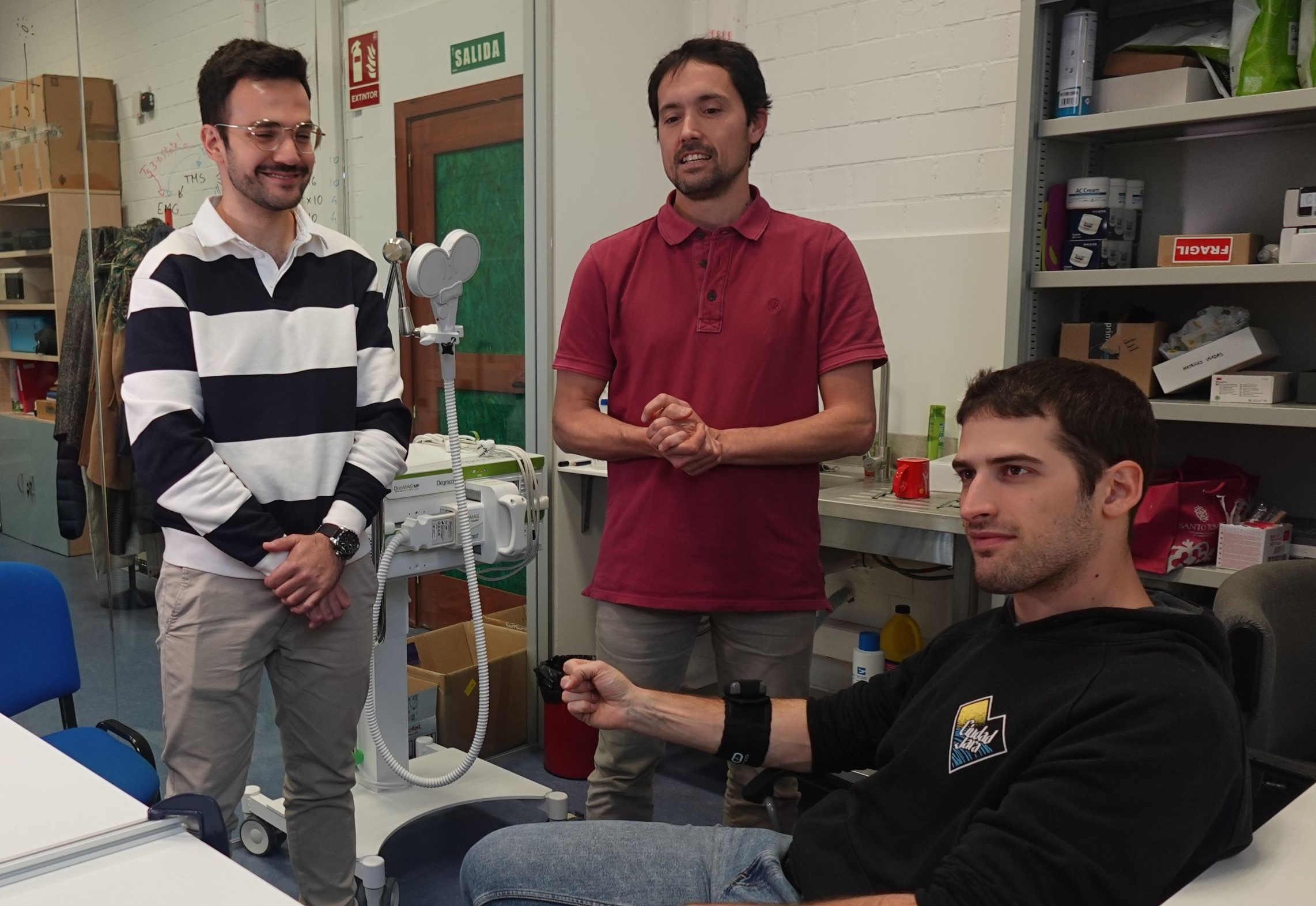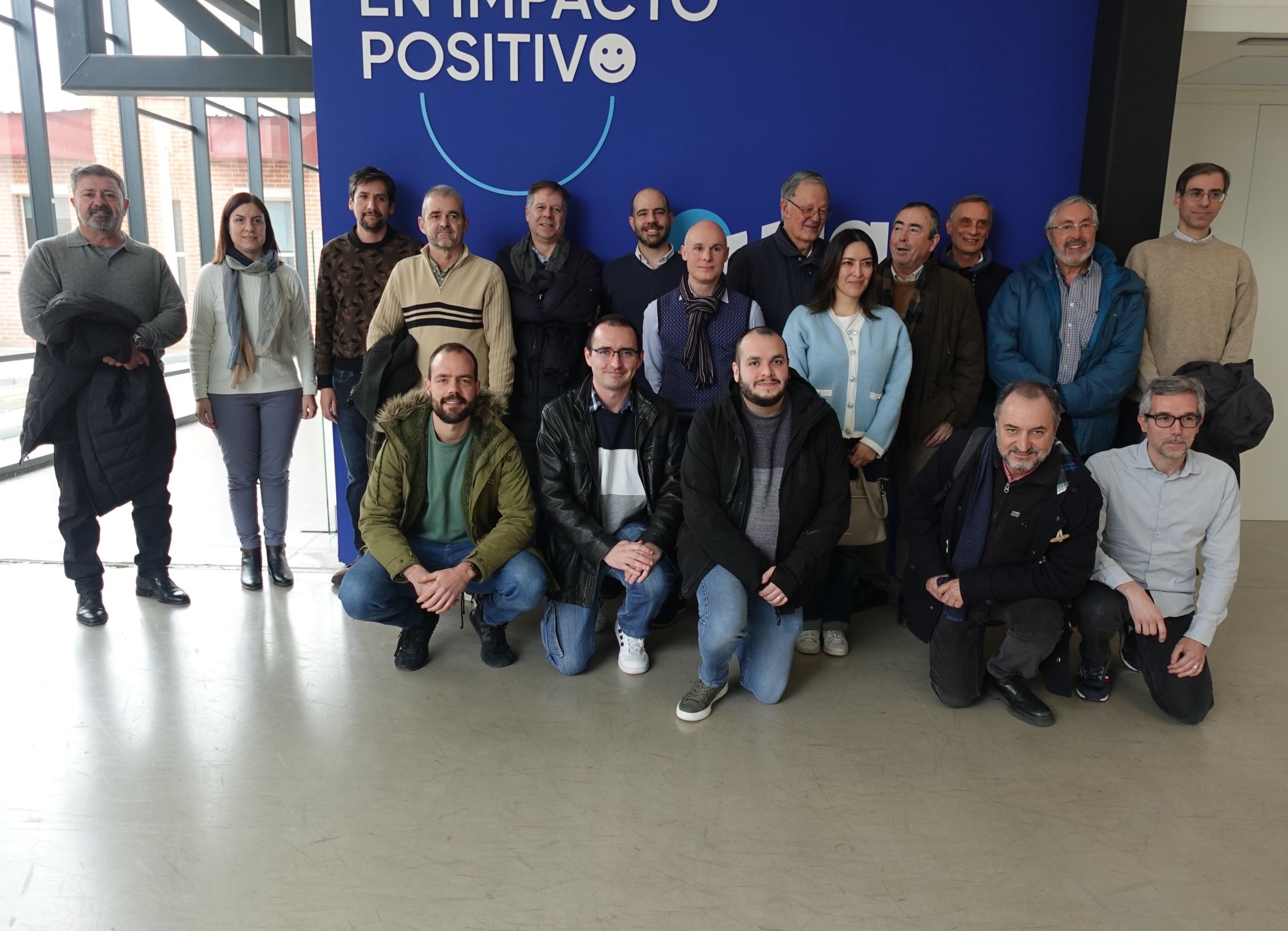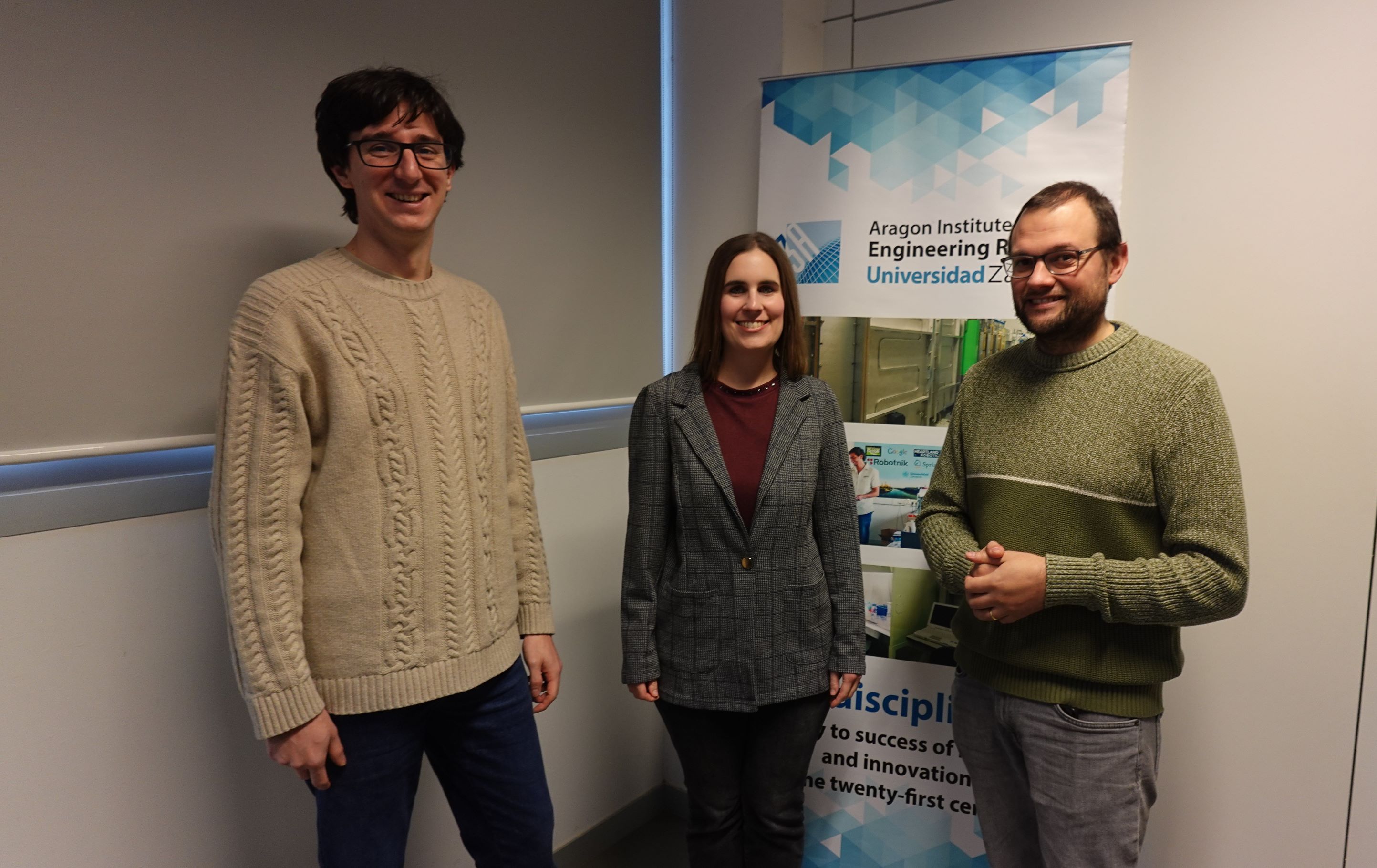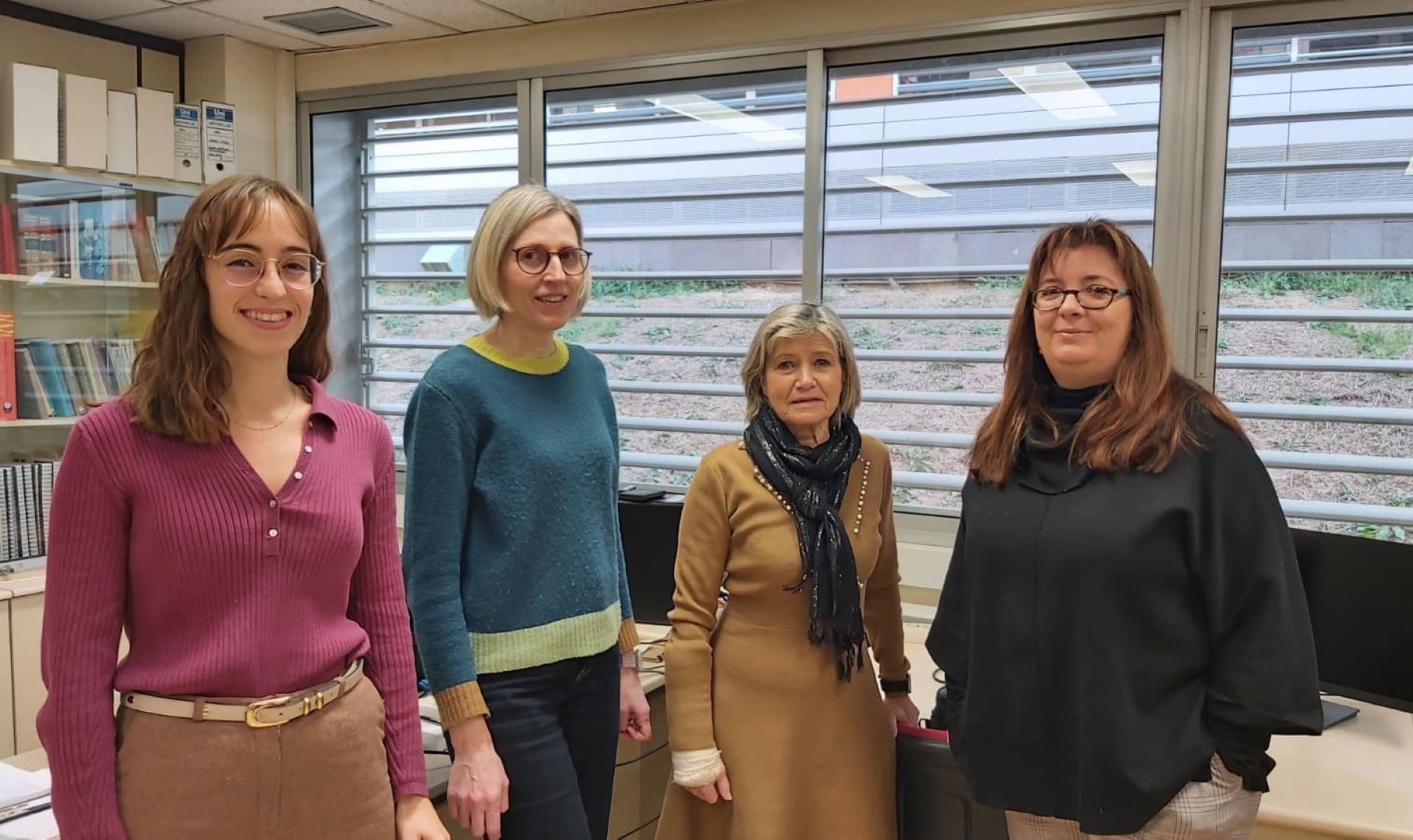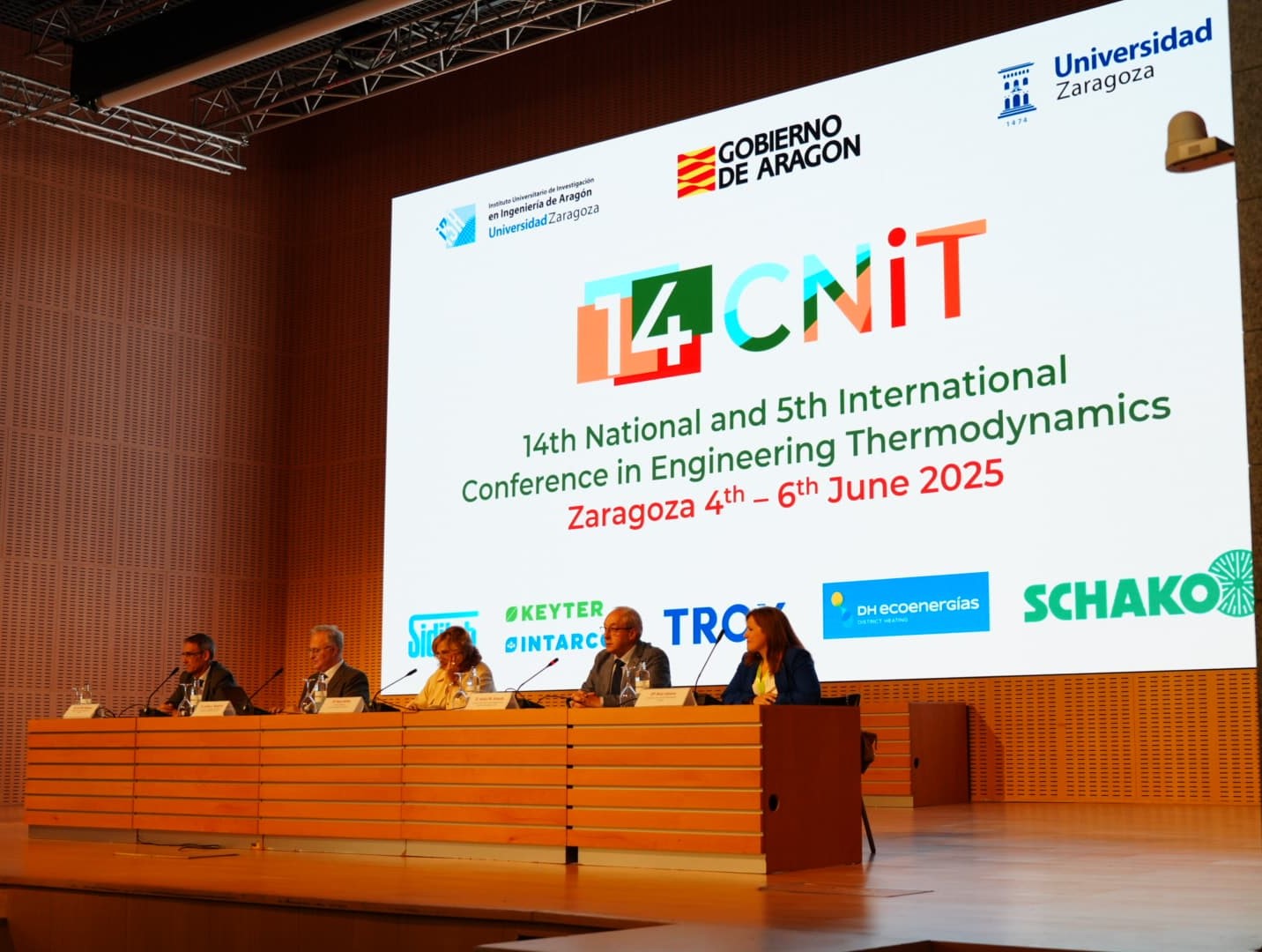
Zaragoza, international meeting point to promote innovative solutions towards a sustainable energy transitionZaragoza becomes, from today until next Friday, the venue for the XIV National and V International Conference on Thermodynamic Engineering (14CNIT), a key meeting to address the major technological challenges of the sustainable energy transition.
Climate urgency and the need to accelerate the energy transition set the agenda for this year's 14CNIT. More than 230 national and international experts and researchers will gather at the World Trade Center Zaragoza (WTCZ) to participate in 14CNIT, where nearly 250 papers, including presentations and posters, will address innovative solutions in energy efficiency, energy storage, refrigeration, air quality, industrial decarbonisation and the integration of renewable sources.
The conference is organised by the research groups GITSE (Thermal Engineering and Energy Systems Group) and ECO2 (Energy and CO₂), of the Engineering Research Institute of Aragon (I3A) of the University of Zaragoza. It was inaugurated this morning in the presence of the Rector of the University of Zaragoza, Rosa Bolea; Carlos Navarro, technical advisor in the Department of Presidency, Economy and Justice of the Government of Aragon and representative of the European regions on the Hydrogen Europe Board; Jesús Arauzo, Director of the I3A; Ana Lázaro and Luis Miguel Romeo, members of the organising committee.
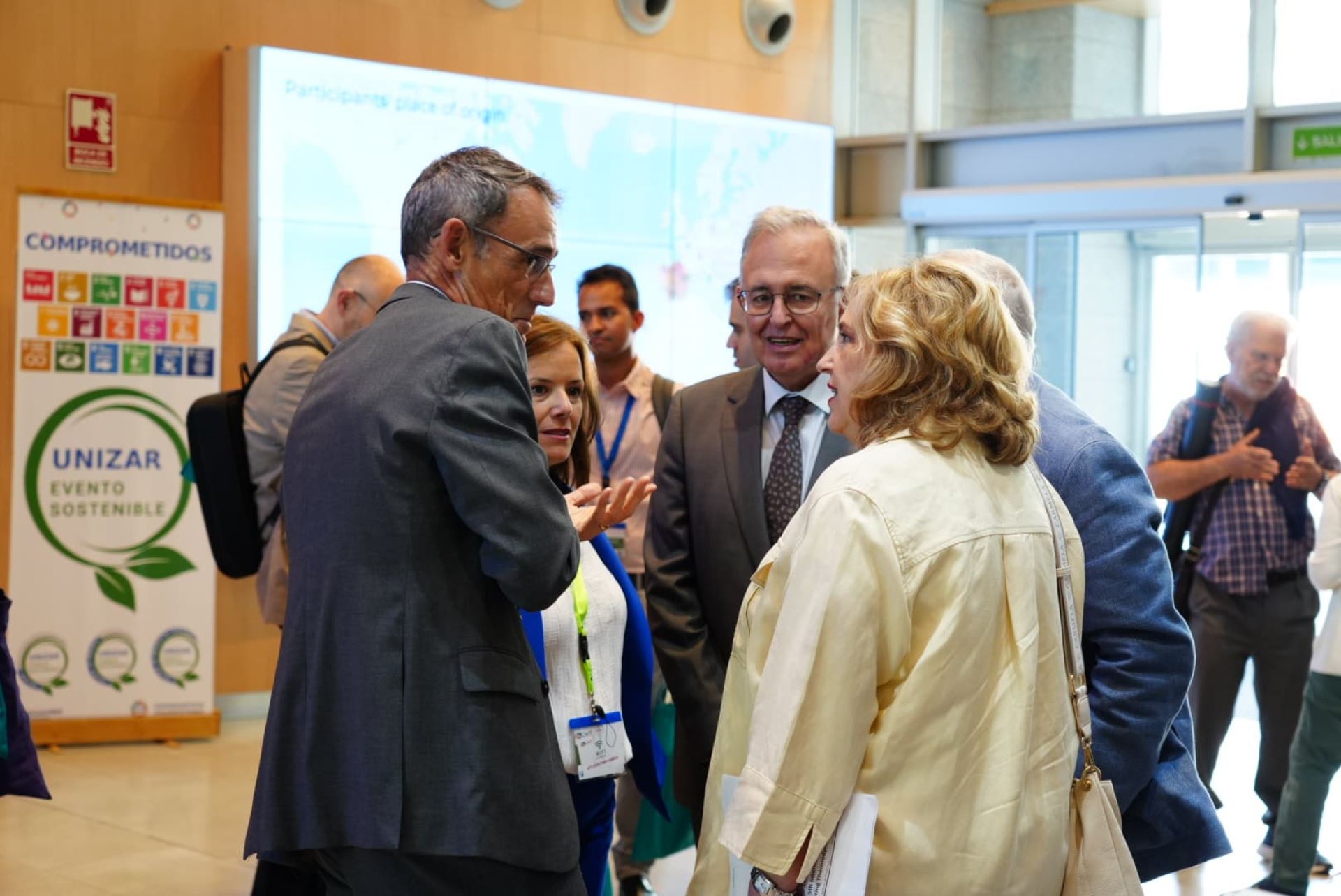
In the inaugural conference, Ignacio Cruz, from the Centre for Energy, Environmental and Technological Research (CIEMAT) spoke about the great challenges in energy R&D&I and European policies. In this regard, he focused on three major challenges: energy storage, grid integration, integrating different energy sources, integrating technologies without losing security and, finally, environmental and social considerations.
Technological difficulties and challenges
From the research point of view, as the conference organisers explain, one of the challenges on the road to a sustainable energy transition lies in the efficient storage of energy, especially in its thermal form, which has great potential. The development of storage technologies that make it possible to manage the intermittency of renewable energies - such as solar or wind power - is key to guaranteeing the stability of the energy systems of the future.
This requires improvements in energy density, durability of materials, and efficiency of thermal charging and discharging processes, especially in industrial and urban applications. It also requires effective integration with smart grids and advanced control systems capable of optimising the use of stored energy according to demand.
However, the challenge is not only technological but also systemic, with large-scale implementation facing economic, regulatory and cultural barriers. It is necessary to move towards a holistic vision that includes the life cycle of energy systems, digitalisation and eco-design.
Policy and industry impact
Many of the papers presented at the conference have a clear potential for application in public policy, especially energy efficiency in buildings, industry and decarbonisation of thermal processes.
Spain is playing an increasingly active role in the international context of Thermal Engineering, with an outstanding participation in European projects and the birth of technological companies with global projection. Even so, the organisers agree that there is still some way to go to reach levels of investment and development similar to those of other European countries.
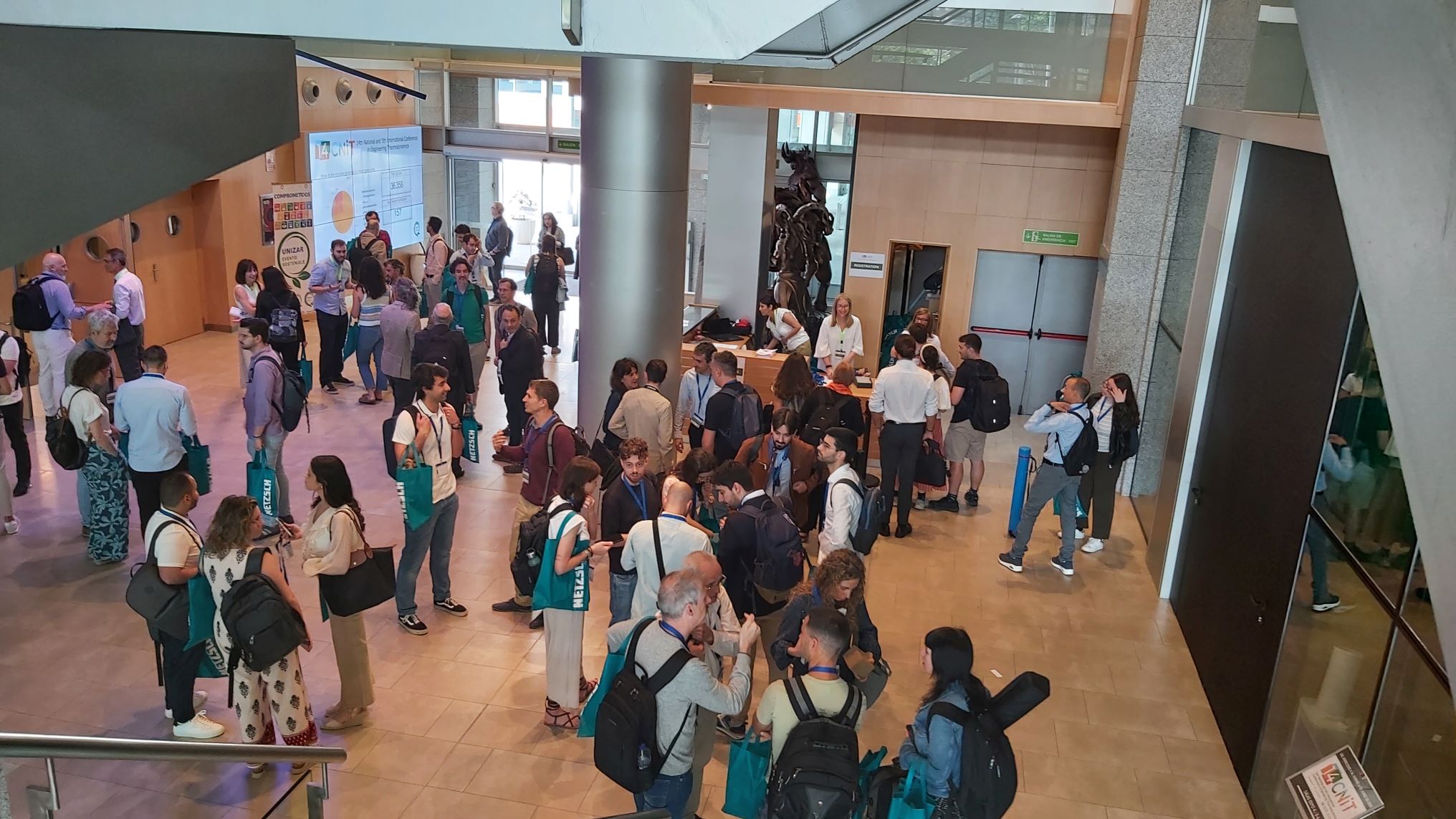
More info: https://14cnit.i3a.es
Photographs: Miguel García-Monge Rábanos
